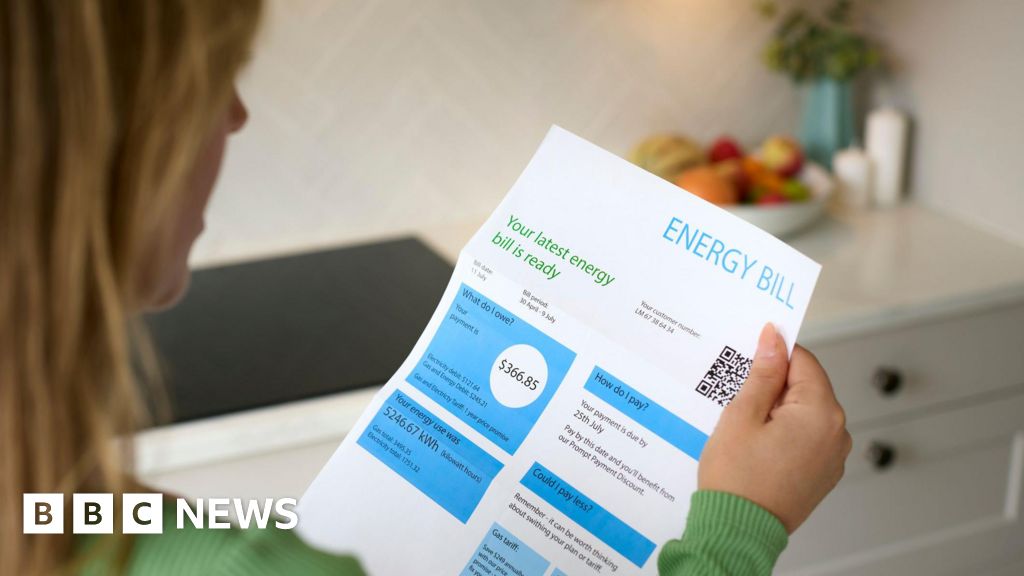Energy bills for a typical UK household are set to increase by £21 annually from January, according to Ofgem's latest price cap announcement. This means the average annual cost for a household using a typical amount of gas and electricity, paying by direct debit, will rise to £1,738. While this represents a modest 1.2% increase compared to current levels â approximately £1.75 more per month â it maintains the pressure on household budgets already strained by the ongoing cost-of-living crisis.
The increase, albeit smaller than previous surges, follows a price rise in October and confirms relatively high energy prices throughout the winter. Charities are expressing serious concerns, warning that many vulnerable households will struggle to meet these increased costs, potentially resorting to foregoing heating during the coldest months, impacting their health and wellbeing.
Ofgemâs quarterly price cap, affecting 26 million households across England, Wales, and Scotland, sets a limit on the unit cost of energy. However, while the cost per unit is capped, the total bill remains variable, dependent on energy consumption. A prolonged cold spell could lead to significantly higher bills than anticipated, exacerbating the financial difficulties faced by many.
Despite the slight decrease of 10% compared to the same period last year, Ofgem acknowledges the persistent financial strain on consumers. Tim Jarvis from Ofgem stated, "We understand that the cost of energy remains a challenge for too many households. However, with more tariffs coming into the market, there are ways for customers to bring their bill down so please shop around and look at all the options.â This encouragement to switch suppliers highlights the potential for cost savings, but also underscores the complexity and time commitment required from consumers already burdened by financial worries.
The cumulative impact of high energy prices has resulted in a staggering £3.7 billion collective debt owed by households to energy suppliers. The average household in arrears is facing debts exceeding £1,500 for electricity and £1,300 for gas. National Energy Action (NEA) highlights the alarming reality that many are already rationing energy use or accumulating debt to stay warm. Adam Scorer, NEA chief executive, urges targeted government support to prevent widespread hardship and the dangers associated with cold homes.
This situation is underscored by the experiences of individuals like Angela from Liverpool, a carer for her mother, who is over £1,000 in arrears and has resorted to foregoing heating to manage her energy costs. Her plight, alongside the observations of Anthony Scott, who runs a community laundrette witnessing the financial struggles of numerous customers, paints a stark picture of the widespread impact of high energy bills. He noted the anger and frustration of individuals facing unaffordable energy prices.
The January price rise specifically affects those on standard variable tariffs, not those with fixed-rate contracts. While Ofgem provides an annual bill estimate based on typical usage, consumers can calculate the impact on their individual bills by adding 1.2% to their current charges. Furthermore, reduced government support compared to last winter, coupled with the narrowed eligibility criteria for the winter fuel payment â now restricted to low-income pensioners receiving specific benefits â leaves many vulnerable to significant financial hardship. Government estimates predict an additional 50,000 pensioners will be living in relative poverty next year due to these cuts, although this figure may not fully account for increased pension credit uptake.
Energy Secretary Ed Miliband acknowledged the concerns surrounding the latest price rise, attributing the UK's vulnerability to global fossil fuel market fluctuations and emphasising the government's focus on domestic energy generation. A one-off £100 payment will be provided to some affected pensioner households in Northern Ireland, reflecting the different regulatory framework in place there. The ongoing challenges highlight the urgent need for both governmental support and individual financial strategies to navigate the persistent high cost of energy.
Article
Business

January Energy Bill Hike: Typical Household to Pay £21 More

